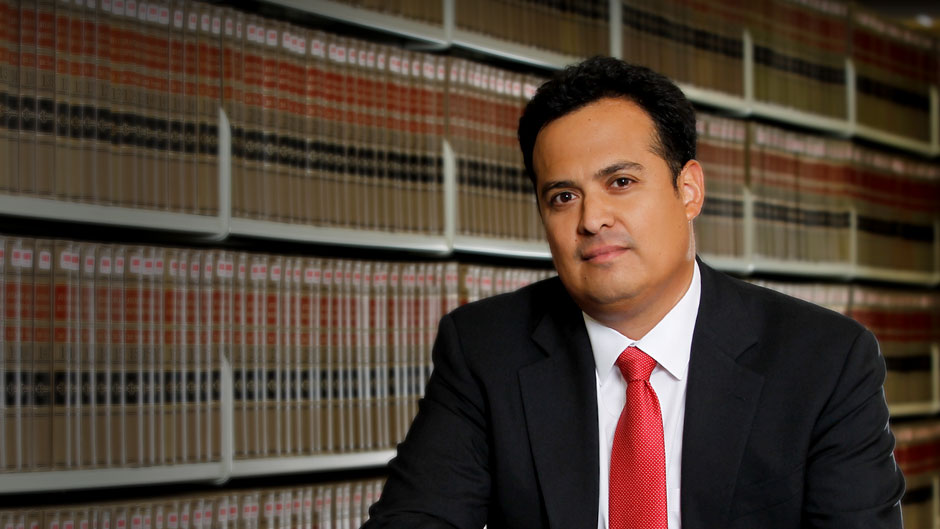A case before the U.S. Supreme Court could impact how companies decide which products to sell and whether product liability is financially worth the risk. This fall the high court will be considering Microsoft v. Baker to decide if a technical shortcut in the law that makes it easier to bring class action lawsuits against big companies is a legitimate loophole.
It is called voluntary dismissal of a claim with prejudice. By doing this, the plaintiff in a lawsuit can force an appeals court to reconsider a case. That is what lawyers in the state of Washington successfully did in 2011 and it has become the source of great controversy ever since—controversy that will be settled by the Supreme Court this fall.
Sergio Campos, professor of law in the University of Miami School of Law, explored this issue with faculty and students September 14 at the first “Cert Talk,” a new legal series launched at Miami Law examining cases granted a writ of certiorari, or cases going before the Supreme Court.
Known to some as “the Xbox case,” Microsoft v. Baker began in 2007 (then Baker v. Microsoft) as five separate lawsuits against Microsoft for damaged game discs allegedly caused by their consoles. Nine years later, the case has grown much larger. A major question the country’s highest court will be settling is if a party can even bring a claim in a class action suit in the absence of a recognized class of individuals harmed. This is known legally as “standing.” At first blush the right to bring a class action claim forward without a class may seem like an obvious “no,” but the question goes a lot deeper.
“Cert Talks are an opportunity for faculty members to stay abreast of some of the most newsworthy cases granted certiorari by the Supreme Court,” explained Osamudia James, vice dean and professor of law at University of Miami School of Law.
A Cert Talk is delivered by law school faculty whose area of expertise is at the crux of the case before the Supreme Court. In the case of Microsoft v. Baker, Campos, whose expertise lies in civil procedure and class actions, co-wrote an amicus brief for the respondent in the case.
“The outcome will likely go one of three ways,” said Campos.
In its decision, the court could take a strict property view and find that there is no standing, a view closely associated with the late Justice Antonin Scalia. Campos considers this an unlikely outcome for the court to take, largely because of Scalia’s absence from the bench.
A second possibility is that the court will find there is standing based on prior precedent from two 1980 Supreme Court cases—Closest Guaranty National Bank v. Roper and United States Parole Commission v. Geraghty. Campos told the lunchtime crowd of law faculty and students that this is the most likely outcome.
The most exciting outcome in Campos’ view, however, would be one where the court looks at the standing issue not through the view of precedent or property, but instead in terms of the function of the class action.
“In small claims, class actions are often necessary because no class member has a stake sufficient enough to bring an individual lawsuit,” said Campos.
This can be easily understood by considering that Baker’s original claim for the damaged disc was around $30 and the Federal Court filing fee is $400. These lawsuits are possible, then, by empowering one individual class member to be the representative and forcing the sharing of common costs.
In considering this, the court could go back to a traditional view of the standing doctrine—that standing is a requirement to ensure there is adequate representation of all the interests that are implicated by the litigation. Campos believes that if the court really takes seriously what the class action does, it could allow appeals by this procedure because it serves to incentivize people to develop arguments and facts in litigation. It also ensures that the absent class members will be adequately represented.
As technical as this issue is, the ramifications of the decision for the broader public could be dramatic.
“How the court decides this issue will have an enormous impact,” said Campos, such as “whether more or less defective products get made and whether certain products get introduced to the market at all.”
For more information, visit scotusblog.com.

